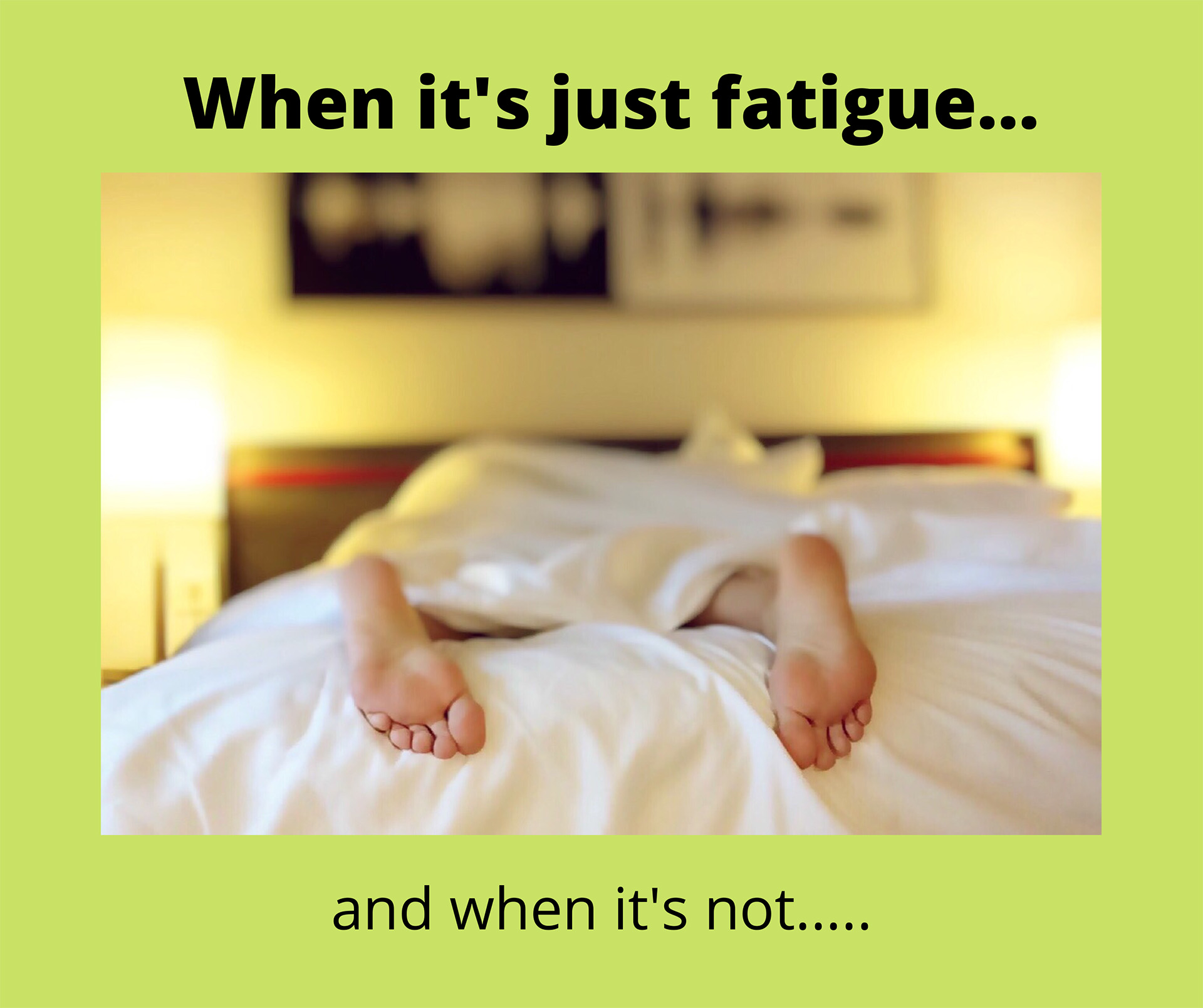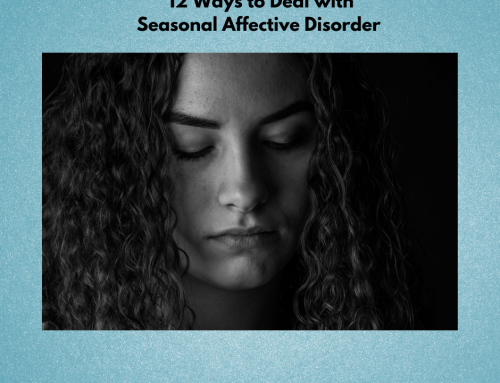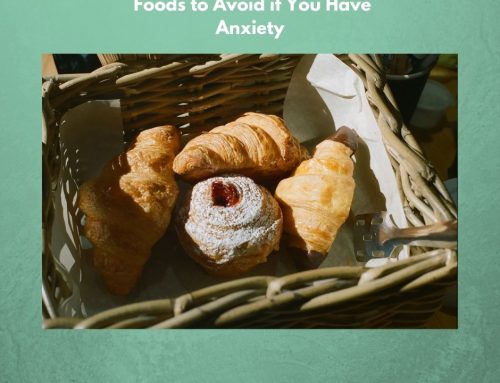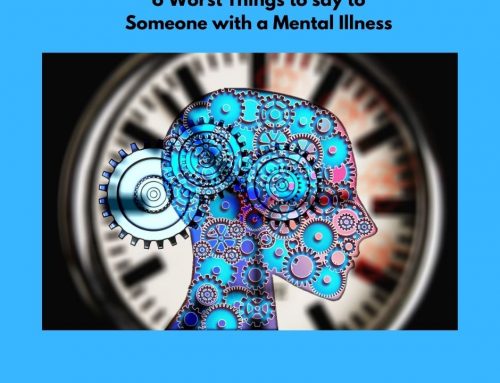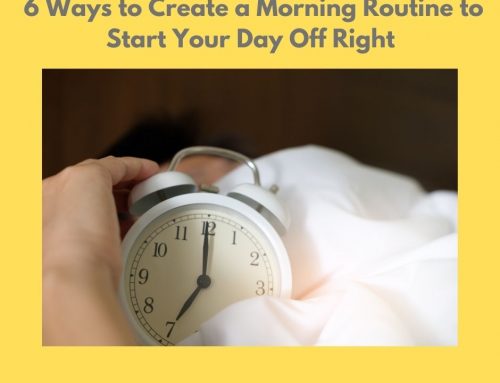Anxiety can be draining, overwhelming and exhausting. And it makes sense. Anxiety puts our nervous system into overdrive. With anxiety, you are constantly overthinking and worrying. Relaxing doesn’t come easy and this in itself can cause fatigue; emotional and physical. But how do you know? How do you know it’s anxiety and not just regular, life is busy as hell, fatigue?
If you pay careful attention to your body, you’ll see there are ways to tell the difference. If you’re trying to figure it out, try keeping a journal for a couple of weeks, so that you can really try and spot a pattern. In the meantime, here are a few signs to look for.
- Coffee doesn’t seem to help. Many of us turn to coffee when we’re feeling tired for energy and a pick me up. And under many circumstances it works and helps get you through the day. What about those times that it doesn’t work? Have you ever had a cup of coffee and it made things worse? I used to drink multiple cups of coffee a day. It was painful when I realized that caffeine was not my friend. I can’t drink it and if I do, it’s at my own risk. It doesn’t help and it doesn’t improve my energy. What it does do is makes me jittery and this in turn makes me feel anxious.
- You wake up feeling tired even after you’ve had a good night’s sleep. This is a sign that while you may be sleeping the recommended 7-9 hours a night, you may not be getting good sleep. Your sleep may not be a restful, deep sleep. What’s getting in the way? Is there anything on your mind? Anything that you’re worrying about? When you feel anxious, your body goes into fight-flight-freeze mode. This constant state of preparing for danger can be mentally draining; no matter how much sleep you get.
- You’re experiencing physical symptoms along with fatigue. Fatigue by itself may just be fatigue. However, if you’re experiencing it along with other physical symptoms, you should consult your doctor to see if there’s anything else going on. If you’re able to rule out something more serious, you may want to consider anxiety. Familiarize yourself with different physical symptoms that go along with anxiety; such as headaches, stomach aches, muscle aches, heart palpitations, sweating, numbness and tingling. If you’re experiencing some of these symptoms along with fatigue, then anxiety might be the issue.
- You have a hard time falling asleep. Have you ever gone to bed only to find yourself lying there, staring at the ceiling, going over things you need to do, worrying about tomorrow, thinking about the past? Does this stop you from falling asleep which leaves you exhausted the next day? If yes, then that is a sign that you may be struggling with anxiety. Having a nighttime routine is my personal savior. Without it, I may lie in bed all night ruminating and thinking. I need to get all of my thoughts out of my head and onto paper and I’m not sure what I would do without my daily to-do-list.
- You have a loss of appetite. Ok, now personally, nothing causes me to lose my appetite. I’ve wished for it, I’ve heard about it from others, but, nope not me. I can always eat! That being said, for many people anxiety can cause a decrease in appetite. If you’re not getting enough or proper nutrients, then this can cause fatigue. So again, you want to look at symptoms that go along with your fatigue as a way to decide if it’s just common, everyday fatigue or if it’s something else.
- Your emotional reactions are all over the place. When we’re tired, we have a harder time managing our reactions. Which makes this a tricky one to figure out. Anxiety has a large impact on our emotions; they range from worry, to fear, to anger, to paranoia, to self-doubt….and on and on. If you get a good night sleep and you are still having trouble managing your emotions, then you should look into talking to someone about the possibility that you’re experiencing anxiety.
- You always use fatigue as a reason to socially isolate yourself. We’re all allowed days when we don’t want to see anyone. We may just want to stay in our pajamas all day and stay in bed. Or we just want a day on our own. This is all ok. We’re all entitled to days like this. However, if you find yourself always using fatigue as an excuse to not see people or socialize, then it may be something else. Social anxiety is one of the most common types of anxiety disorders. If the idea of being social drains you, worries you and feels emotionally exhausting, there’s a good chance that fatigue is not the only factor at play.

